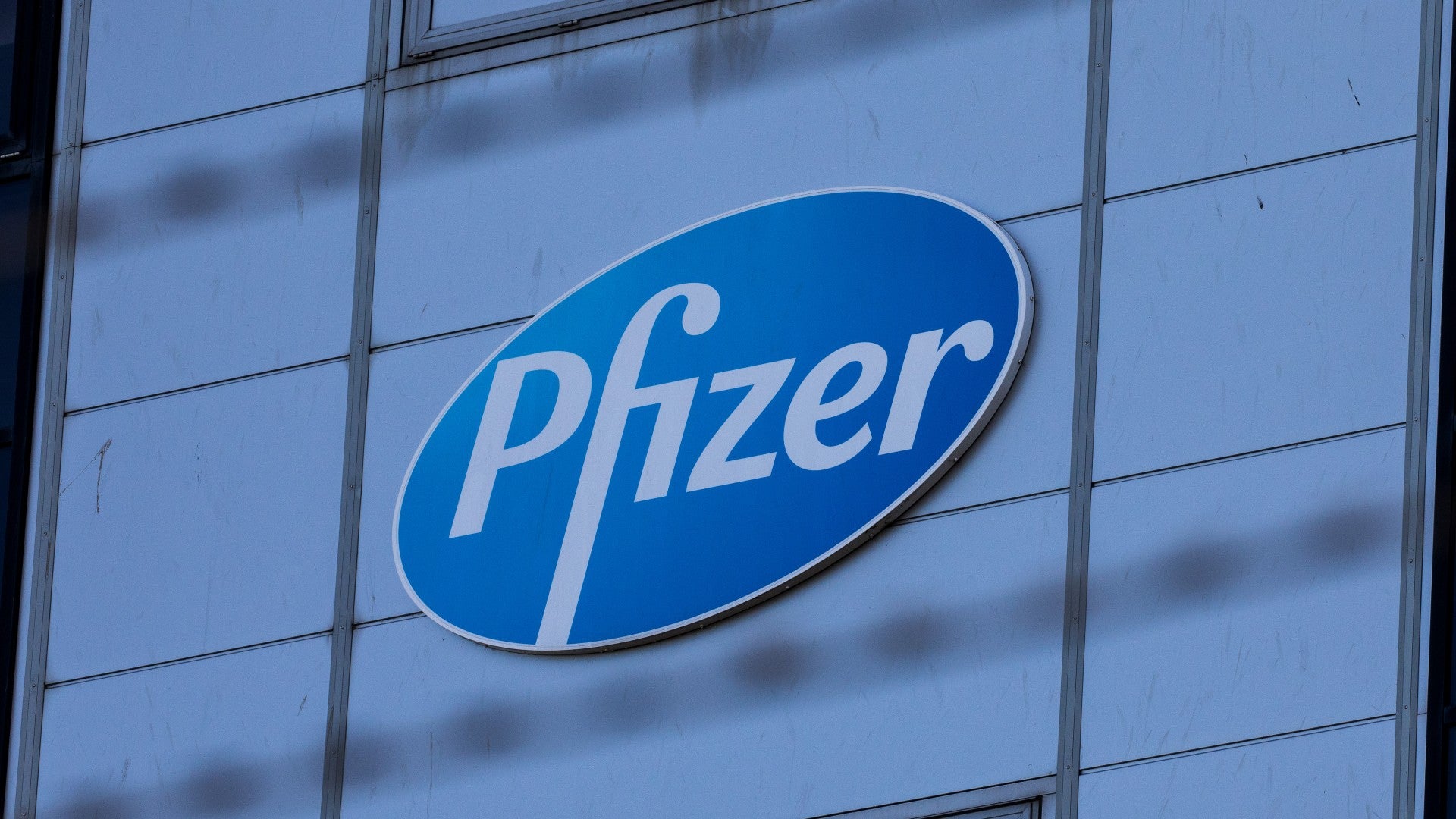
Pfizer announced yesterday (14 November) that it intends to cut 500 jobs at its facility in Kent, UK, as part of ongoing cost-cutting measures. The layoffs will reduce staff numbers to less than half of the current 940 employed at Discovery Park.
The US company posted a quarterly loss in Q3 for the first time since 2019, largely due to reduced demand for its Covid-19 products Paxlovid and Comirnaty, which forced a combined inventory write-off of over $5.5bn. Its share price had fallen 2.1% over the past week of trading at the time of writing and by over a fifth over the last six months.

Discover B2B Marketing That Performs
Combine business intelligence and editorial excellence to reach engaged professionals across 36 leading media platforms.
In a statement, Pfizer told Pharmaceutical Technology that the cuts were part of “an enterprise-wide cost realignment program” that will allow the company to “operate more efficiently and effectively.”
It also said that “all job-related decisions will be made with transparency, respect, and in compliance with all applicable law.”
This has not calmed the local community, however, with the BBC reporting that the Dover District Council leader called it a “kick in the teeth” for the affected staff.
However, Pfizer is far from the only company in the industry cutting costs. The medtech sector has been hit by a wave of layoffs, downsizings and closures, suffering from similar post-Covid-19 funding issues as Pfizer.

US Tariffs are shifting - will you react or anticipate?
Don’t let policy changes catch you off guard. Stay proactive with real-time data and expert analysis.
By GlobalDataWhat’s going wrong for Pfizer?
Pfizer went into the pandemic as the fourth largest pharmaceutical company in the world by earnings and developed the first Covid-19 vaccine to receive widespread usage in the US. By 2022, it was the largest.
Driven by bumper sales of its vaccines and treatments for Covid-19, the company’s $84bn earnings almost doubled that of its second-place competitor, Johnson and Johnson, and it looked set to dominate the global vaccine rollout.
This year so far, Pfizer remains on the top of this list, but the gap has closed from $37bn to a relatively meagre $2.5bn. Its Q3 losses totalled $2.4bn, compared to the $8.6bn in profit it made the same time last year, and research from Pharmaceutical Technology‘s parent company GlobalData suggests that the net sentiment of its Q3 10-Q was 0.45, meaning only 45% of comments made could be considered positive.
In the filing, it notes a forecasted 70% decrease in revenues of Comiranty, its Covid-19 vaccine, alongside a 95% drop off in Covid-19 medication Paxlovid revenues. This reflects a global decrease in government funding for vaccination, as well as a decline in the social focus on Covid-19 in the West. The collapse of Covid-19 revenues is certainly one part of the problem, but there is another key component.
Weight loss is the future
The same year that Pfizer’s Covid-19 vaccine was given official FDA approval, a drug from Danish pharmaceutical company Novo Nordisk was approved for chronic weight management, the first new treatment since 2014. Wegovy and its diabetes treatment cousin Ozempic would go on to transform Novo from a successful but decidedly niche company into the second-largest pharmaceutical firm in the world, with a market cap larger than the GDP of its home country.
Other pharma companies were quick to cash in on the drugs’ success. Eli Lilly’s weight loss drug Zepbound launched in the US last week (9 November) following the launch of its diabetes equivalent earlier in the year. AstraZeneca is further behind but has partnered with a clinical-stage biotech firm to develop a small molecule GLP-1RA that would operate similarly to Zepbound and Wegovy but could be taken orally rather than subcutaneously, which could make the drug more appealing to consumers.
Pfizer is further behind but still hopes to enter the market. It is also developing an oral GLP-1RA, danuglipron, currently in phase II trials. If it makes it to market, it could provide a revenue stream to replace some of the lost Covid-19 medication sales. It is worth noting that danuglipron is the surviving GLP-1RA candidate from Pfizer after it dropped lotiglipron due to fears over potential liver issues.
The question remains, however, whether the drug will make it to market in time to compete with AstraZeneca, Lilly and Novo.
Our signals coverage is powered by GlobalData’s Thematic Engine, which tags millions of data items across six alternative datasets — patents, jobs, deals, company filings, social media mentions and news — to themes, sectors and companies. These signals enhance our predictive capabilities, helping us to identify the most disruptive threats across each of the sectors we cover and the companies best placed to succeed.



